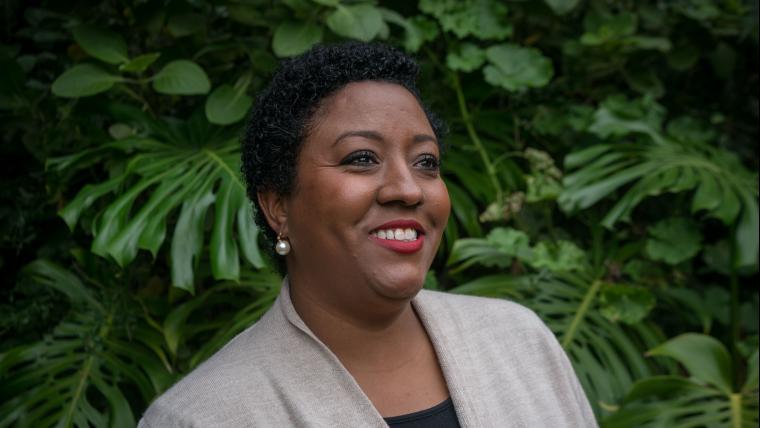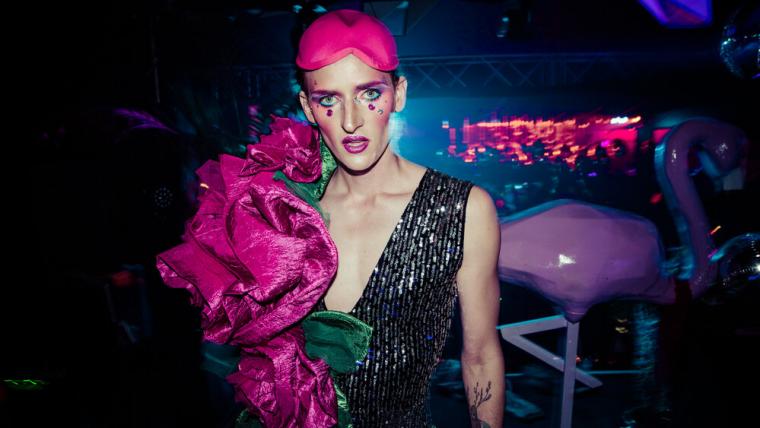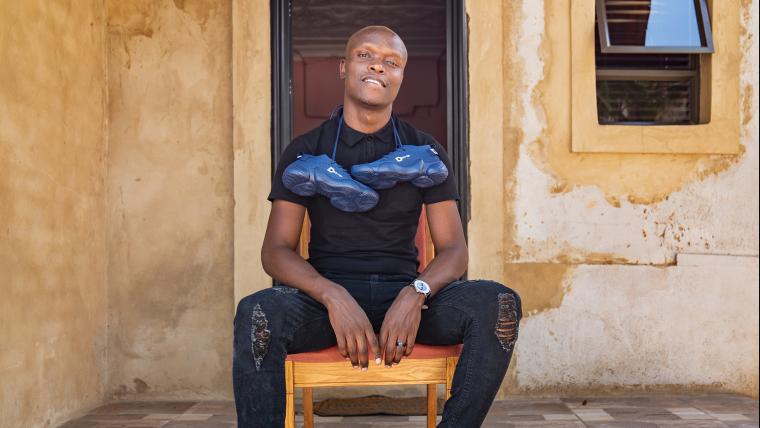In 2012, Mmule Ramothibe Ka-Pityana searched for a suitable doll that her daughter could play with. It may not sound like an arduous task, but Ramothibe Ka-Pityana wanted her child to have a toy that represented her culture. South Africa is a melting pot of diverse identities, yet most children’s toys uphold western culture and narrow beauty standards such as fair skin types. So Ramothibe Ka-Pityana created Nandikwa Dolls in the same year – a brand of dolls that celebrates African ethnicities.
When Ramothibe Ka-Pityana was 12 years old, her parents divorced and her father started another family. “Thousands of other children are facing similar struggles right now,” she says. Fuelled by her childhood experiences, she crafts toys that reflect the lived realities of African youth. From Xhosa to Tsonga, each individual doll portrays a different culture. They’re adorned in their traditional garments, with natural or braided hair and dark skin. The figures come with a unique backstory that typifies prevalent narratives. “We’re using Nandikwa as a motivator, because here is Ndileka, raised by a domestic mom from humble beginnings but today she’s a heart surgeon,” Ramothibe Ka-Pityana says. One doll’s story exposes what it’s like to live with dyslexia while another sheds light on navigating being an adopted child. “The Nandikwa Dolls can empathise with kids and teach them to be aware of each other’s circumstances,” Ramothibe Ka-Pityana says.
Her bold venture encourages children to feel proud about their heritage, explore other cultures and most importantly, realise that their future isn’t defined by their current situation. “My goal is to provide the youth with a source of support and inspire them to achieve their dreams,” Ramothibe Ka-Pityana says. “When we empower even one child, we create the foundation for a stronger humankind.”































Please sign in to leave a comment